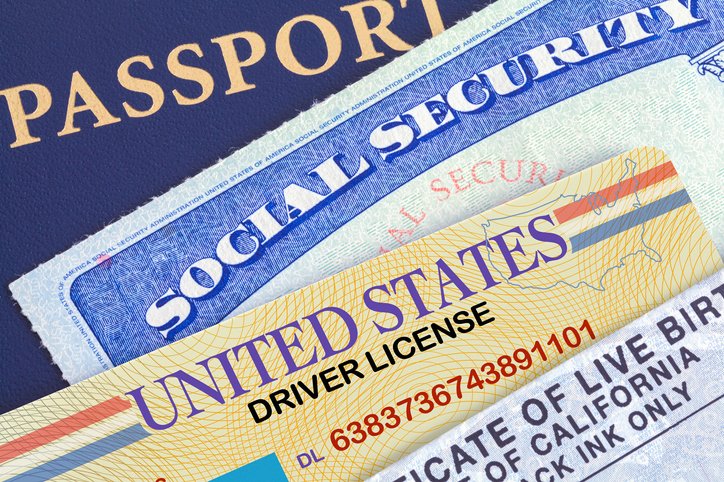Do You Know the Most Important Financial Actions to Take When a Loved One Passes Away?
Dealing with the loss of a loved one is undeniably stressful. Trying to determine how to handle their finances and legal obligations can put an additional burden on you and your family at a difficult time.
Read on for some helpful guidance about the key administrative matters that need to be taken care of when a loved one passes on.

Obtain multiple certified copies of the death certificate.
Your funeral director can order these documents on your behalf or you can get them from the appropriate county or state vital records office. Experts recommend ordering at least twenty certified copies. Financial institutions, creditors, insurance companies, and other important organizations will require you to produce an original death certificate before they will discuss the decedent’s financial affairs, allow you to close out accounts, or pay out any benefits due.
Consider getting help from the experts.
Did the departed have a financial advisor? If so, he or she can offer tremendous help in getting your loved one’s affairs in order. Additionally, it’s wise to contact an estate attorney and a CPA for guidance with financial and legal matters related to the estate. An estate attorney can determine if probate is needed and can help with legal filings and obtaining ‘letters testamentary’, a document issued by the court that authorizes the executor of a will to take control of the departed’s estate. This information is also required to close out the deceased’s business dealings. A CPA will be able to determine if there any tax liabilities associated with the estate or inherited assets, and can assist in filing a final tax return for your loved one. In addition to coordinating the work of the estate attorney and CPA, a financial advisor can assist with the transfer of assets, the closing of accounts, and offer valuable guidance about other financial matters that will need to be addressed.
Collect pertinent documents.
When you experience a loss, significant amounts of information about yourself and the deceased will be required as you go through the process of handling their affairs. Gather the following financial and legal documents, as applicable:
· Multiple certified copies of the death certificate
· Will or trust
· Insurance policies (life, homeowners, health, disability, auto, etc.)
· Most recent checking and savings account statements
· Most recent credit card statements
· Investment accounts (IRAs, 401(k) plans, mutual funds, pensions, etc.)
· Last mortgage statement
· Last two years' tax returns
· Social Security card
· Marriage license
· Birth certificate
Notify financial institutions, creditors, and government agencies.
These may include:
· The deceased person's employer
· Social Security Administration
· Medicare
· Insurance companies
· Credit card companies and creditors
· Utilities
· Credit bureaus
In addition, you should file a change of address with the U.S. Postal Service so that your loved one’s mail is rerouted to the executor of the estate or a trusted family member.
Cancel any unnecessary accounts.
Following your loved one’s passing, you don't want their subscriptions, memberships, or services to stay in force. Cancel them, along with any credit cards and financial accounts that should now be inactive.
Notify the credit reporting agencies.
To reduce the chance of identity theft and other forms of financial fraud, contact all three major credit reporting agencies (TransUnion, Experian, and Equifax) so they can add a ‘deceased’ indicator to your loved one’s accounts.
Research and apply for any benefits that may be due.
If the decedent was still working, it’s important to find out if pension benefits or other income may be due from his or her employer. The company may pay out 401(k) funds, along with unused vacation time, holiday time, or bonuses already earned. If your loved one collected Social Security and you are now a widow or widower, contact Social Security to see if you qualify for widow’s benefits. A surviving spouse or children may also qualify to receive a one-time $255 death benefit from the Social Security Administration.
We know that trying to make legal and financial decisions after losing a loved one is difficult. If you have questions or need additional resources, please reach out to our caring team anytime.
About Batchelor Brothers Funeral Services: As a leading African American-owned and operated funeral and cremation organization, Batchelor Brothers Funeral Services has provided a ministry of care to thousands of grieving families. We promise to provide our highest level of distinguished service and respect to families who entrust us to honor their loved ones. In all aspects of the funeral process, we strive to be the absolute best and are honored to help preserve our clients’ legacies for future generations. With two convenient locations serving North and West Philadelphia, it is always our pleasure to be of service. Please visit our website for more information.







Comments